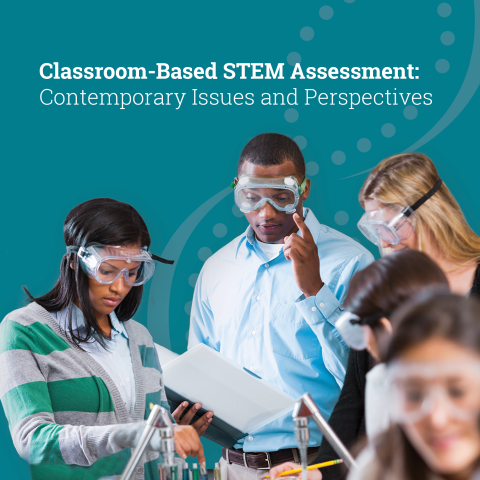In an era of global climate change, intertwined with social and ecological predation, there is growing recognition of the importance of building socially, environmentally, culturally pluralistic, just and sustainable futures. Yet many of the calls for reform and discourses around sustainability are authored and defined through top-down approaches, by those who have power, privilege, and cognitive authority, and excludes the voices, identities, and epistemologies of those in the margins.
Short Description
In this paper we argue for the need to design and develop transformative learning ecologies that explicitly position the diverse voices of youth from nondominant communities as central to re-defining and re-envisioning relationally just, pluralistic, and sustainable futures. To this end, we seek to provide examples from participatory design-based learning ecologies to illustrate the centering of middle school youth voices and agencies from multilingual Black, Brown, and Latinx communities through critical response-ability.
